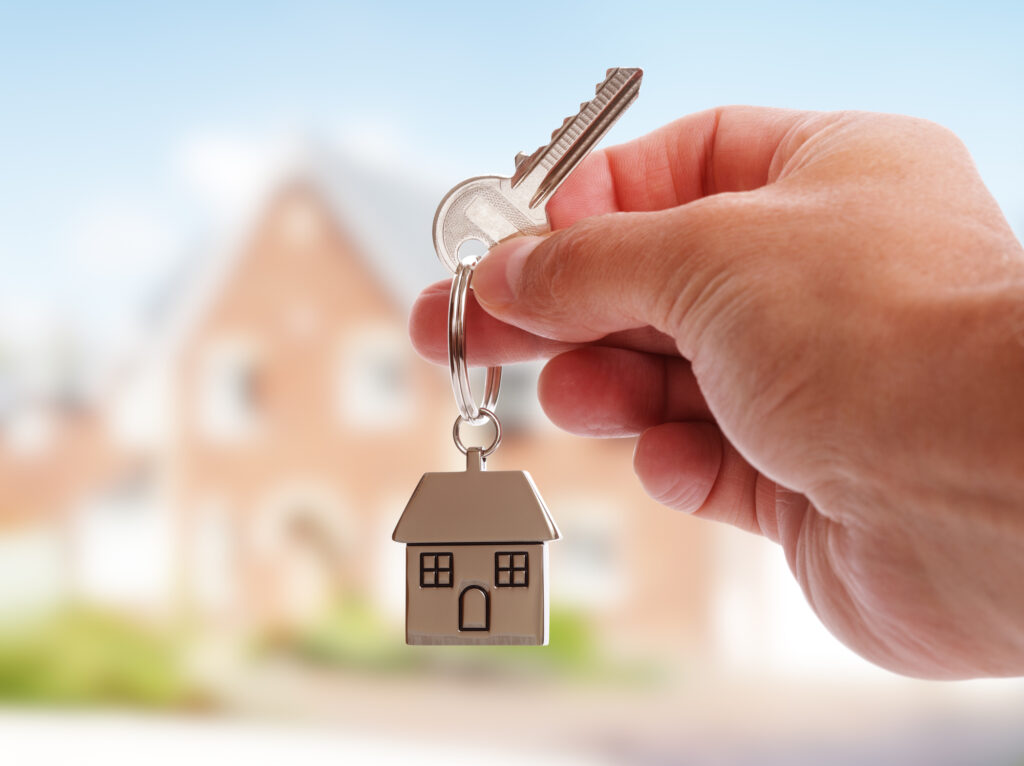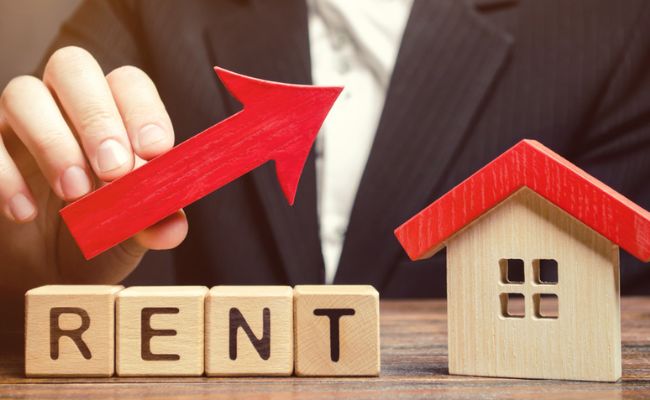Last Updated on October 24, 2023 by Kandace Gallant
Get Landlord agreement forms here
Are you new to the world of real estate investing in Ontario and aren’t sure whether or not you are responsible for snow removal for your tenants?
You’re not alone. This is a frequently asked question amongst landlords and tenants come the wintertime. Who is going to battle the cold and handle the snow and ice removal? Will it be stated in the lease agreement? Is it in the Residential Tenancies Act?
We’ll outline everything you need to know below so you or your tenants are on the same page.
Who is responsible for shoveling snow?
We know you may not be a fan of the winter, but sorry landlords; snow and ice removal is your responsibility and is stated under section 26 (Exterior common areas) of Ontario regulation 517 of the Residential Tenancies Act, 2006.
The exterior common area section states:
“Exterior common areas shall be maintained in a condition suitable for their intended use and free of hazards and, for these purposes, the following shall be removed:
1. Noxious weeds as defined in the regulations to the Weed Control Act.
2. Dead, decayed or damaged trees or parts of such trees that create an unsafe condition.
3. Rubbish or debris, including abandoned motor vehicles.
4. Structures that create an unsafe condition.
5. Unsafe accumulations of ice and snow.
Section 28 (Surface of driveways etc.) also states “Driveways, ramps, parking garages, parking areas, paths, walkways, landings, outside stairs and any similar area shall be maintained to provide a safe surface for normal use.”
How long do landlords have to clear snow?
When it comes to the snow and ice removal from your rental property, the time you have to have it cleared will actually vary per city in Ontario. These are city-specific by-laws, however, and not just for landlords. All home and business owners in Hamilton, for example, must perform snow and ice clearing within 24 hours of accumulation. In the City of Toronto, it’s 12 hours. Failing to do so can actually result in fines. So, if you’re a tenant who is concerned about the accumulation of snow and ice at your rental property, make sure you’re familiar with the by-law regulations in your municipality and contact your landlord.
Can you make a separate contract to hand the responsibility for snow removal over to the tenants?
While the landlord is responsible for the snow removal of their own rental units, there are many agreements out there that state that it’s actually the tenant’s obligation. This isn’t actually legal unless it is done through a separate contract, as laid out by the infamous Montgomery v. Van case and determined by the Ontario Court of Appeal.
This case discussed the issues of the snow shoveling obligation in 2009 after a tenant slipped walking towards the stairs to her basement apartment. She said that the lease stated, “tenants are responsible for keeping their walkway and stairway clean (including snow removal).” and she sued for her injuries. The landlord stated “the tenant’s injury was due to her own negligence because she had failed to keep her walkway in a good state of repair, including free from snow and ice.”
This is when the court ruled that it was possible to pass the responsibility but that it can only be done through a separate contract or a severable clause. This contract should include an agreement as to when snow removal should be performed (12-24 hours after a snowfall, for example), how they should remove the snow (like where it’s safe to be moved and what to use as a de-icer), if they’ll be provided with a shovel or other equipment themselves and if there is a reduction in rent as a form of compensation for their removal services.
When it comes to creating a separate contract from a lease agreement, it’s best to consult with a lawyer for expert advice. Even if there is a separate contract created and the tenant slips and falls on ice and gets injured, they could still have a claim against you in court.
What type of rental property do you own?
Separate contracts are more common for landlords who own a single-family house and rent it out. If you have tenants who rent both the upstairs and downstairs and who share common walkways and a driveway, make it clear in the lease agreement who is responsible for keeping the areas clear and safe of snow and ice all winter long. If you own a condo, apartment or townhouse, outside contractors will be hired by the board/condo association and look after snow removal. If you or your tenants are ever confused about your roles regarding shoveling snow, removing ice, or other landscape responsibilities, you can also turn to the Landlord and Tenant Board for clarity. The role of the Landlord and Tenant Board is to provide as much information as possible to resolve disputes and help landlords and tenants alike understand their rights.
Can I hire a snow removal company?
As a landlord, yes, you can hire a third party for snow removal and other landscaping services since it is your responsibility to make sure the rental property is clear of snow and ice, even if you live in a different city. If you can’t perform snow removal or maintenance services yourself, it’s still your responsibility to hire someone else who can.
Tenants: have you slipped and fallen on your rental property?
Knowing your rights as a tenant is crucial in determining what you can legally do in the event of an injury, particularly in the winter. Yes, your landlord is responsible for snow removal, but in a slip and fall case, you must be able to prove there was negligence involved. Just because you slip and fell on their rental property doesn’t mean that they were negligent in any way, however, you may be able to prove that they failed to prevent slip and fall injuries by not shoveling when required or telling you that you were responsible for snow removal at the last minute, despite your lease agreement.
Still confused about snow and ice removal?
As the landlord
When it comes to the responsibility for snow removal for an investment property, the landlord is responsible unless otherwise stated in the lease agreement. Typically, snow removal will only fall on the tenant’s shoulders if they rent a single-family home, and a separate agreement should outline this. As a landlord, you might want to provide your tenant with a clear snow removal agreement outline, like how long they should wait to shovel the property after a snowfall, if you’ll be providing the shovel and de-icer, or even let them know you’ve hired snow removal services to take care of it for them. Not providing thorough snow and ice removal services that end in a slip and fall injury could result in hefty fines. It is your obligation as the landlord to help keep your tenants safe and to provide maintenance services even if you do not live in the same city as your investment property.
As the tenant
But for landlords and tenants alike, knowing your rights can be what makes or breaks you. One of the best tips you’ll ever receive is to read the fine print! If you’re a tenant and your landlord has put in your lease agreement that it is up to you to shovel, this may be illegal and you should consult with a legal professional. You, as a tenant, are not responsible for the maintenance of the property that your landlord owns, whether it be for maintenance repair, snow removal or even cutting the grass. Unless your landlord has you sign a separate contract other than your tenancy agreement stating it’s up to you to shovel the snow, it will be up to the landlords to keep up with snow and ice maintenance. If landlords don’t live in the same city as their tenant to provide snow removal themselves, they need to hire a snow removal company to do it for them. If you, as the tenant, are okay with doing it yourself, you could work a deal out with your landlord to pay less rent during the months you shovel. Otherwise, if your landlord is being negligent about shoveling and you slip and fall, the landlord would be responsible for your injury.
However, you must prove they were being negligent about it intentionally. When it comes to the amount of time your landlord has to shovel the snow, this will depend on the by-law rules in the municipality where your tenancy is taking place. In some cities, they will be required to shovel in 12 hours’ time after accumulation, and some 24 hours.
To conclude: become familiar with your rights and your lease agreement
No tenant wants trouble with their landlord and vice versa. That’s why you should always make sure to become familiar with the Landlord and Tenant Act, and your lease agreement. Read the fine print and take the time to ask questions and work them out before signing the agreement.








